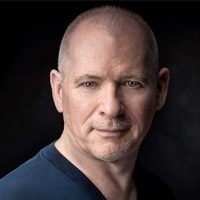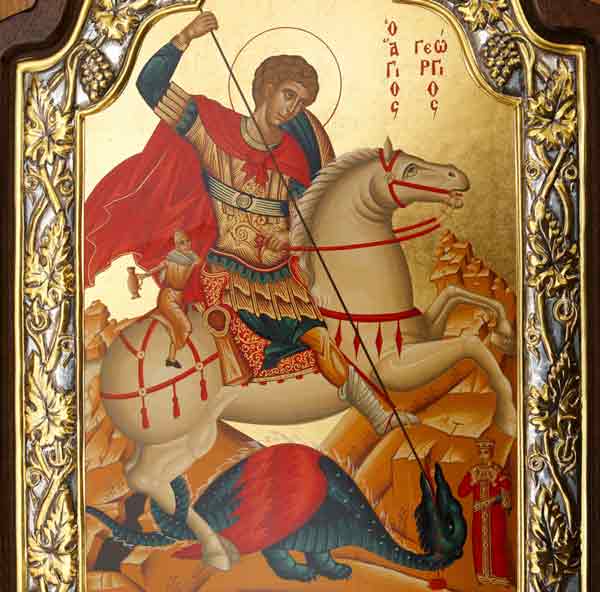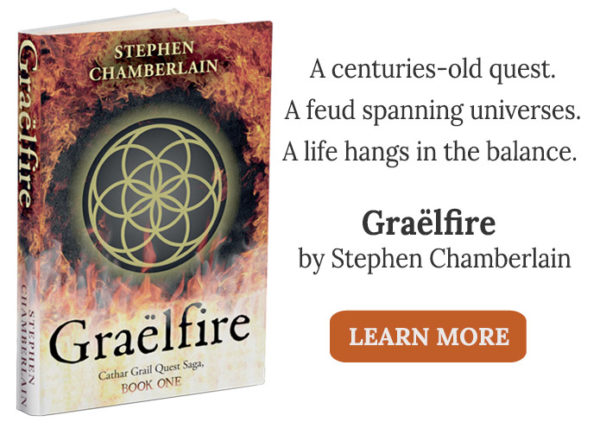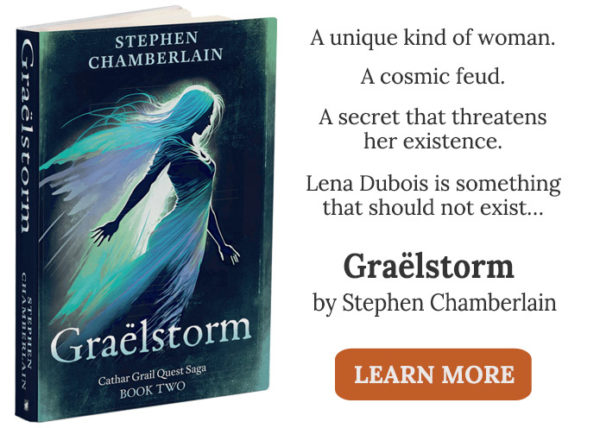“Many the men whose cities he saw,
whose ways he learned.”
— Homer, The Odyssey
Quest stories have one thing in common: a search to find, control, or destroy something. The hero will do anything to achieve their goal. The villain will lie, cheat, or kill to thwart them.
Think of the hunt for El Dorado, the Fountain of Youth, or the most famous of artifacts, the Holy Grail. As long as the search is worthwhile and the object impacts the plot, you have a plausible quest. Be it Jason and the Argonauts’ voyage to retrieve the Golden Fleece, Frodo’s mission to destroy the One Ring, or Battlestar Galactica’s search for Earth, quest plots make gripping yarns.
So, does any plot involving a treasure hunt belong to the Quest genre? Not quite. Adventure thrillers may involve a quest and vice versa, but each is different in genre.
Quest Stories vs Adventures
Adventure plots are about action. They have fast-paced sequences where swashbuckling heroes prevail through derring-do. But though these heroes embark on life-or-death missions, their adventures are not quests in the context of genre unless the characters change in meaningful ways. For all their thrills and spills, adventure quests have no impact on the questers themselves. Like Indiana Jones and James Bond, they end the story as they began it. Their quests are devices to drive the plot forward. Not that there is anything wrong with that. Adventure characters don’t need to change as long as the author gives the reader a thrilling ride.
Then what sets apart quest from adventure? To answer that question you must ask another: What defines the plot — action or character? The focus of a story in the quest genre is on character, not action. Act one launches the quest, and act three ends with its success or failure. But act two is not merely action that links the two. It shows the hero in the process of changing.
Personal Transformation
Writers must entertain, so there will be elements of adventure — false starts and challenges, trials and tribulations. But the crux of a quest is not achieving the goal. It is the hero’s transformation. Whether they return enlightened or disillusioned, cured or sick, quest heroes are never the same people who set out on the journey. An experience or a lesson alters them. Quest stories get personal.
It is possible to read quests as adventures. But their essence is never about heroes beating villains, and we must engage with the journey to learn what it is.
The Grail Quest
Wolfram von Eschenbach’s medieval Grail quest, Parzival, inspired my novel, Graëlfire. Parzival is a brash and selfish hero who learns compassion and regard for the well being of others. His tale is the triumph of spirit over ego, because the Grail will only show itself to someone who is pure of heart. In writing Graëlfire, I tried to stay true to the Grail quest genre. Lena succeeds through an act of purifying self-sacrifice, a transformation that makes her worthy of getting the Graël.
Each protagonist in Graëlfire has a different motivation. Lena seeks the Graëlstone to cure untetherings that will one day kill her. Raphaël seeks it to capture Gideon Drude and lift the Sword of Damocles hanging over his bloodline. Gideon seeks the stone to purify his karisma and then wreak his revenge on Angelo.
Most quest stories would end when Lena discovers the Graël, but Raphaël’s and Gideon’s quests are unresolved at that point. So the story must continue, setting up a final confrontation that leads to Lena’s and Gideon’s ultimate transformations.
Protagonists in Graëlfire change during their journey. Lena’s desire to protect Raphael and her courage in overcoming her terror of rifts and Graëlstones make her a hero. She finds love, albeit unrequited, and a place in the world. She has the promise of a new beginning, symbolized by the award of her own Sigil. She is not the same Lena that set out on the quest. She emerges a stronger person.
Gideon Drude is the character that undergoes greatest transformation. We see him change from the Arkheïa’s apostle to a rebel hell-bent on revenge. His journey of love and loss transitions him from hero to villain. But a twist at the end prompts him to act in a way that redeems him, hinting at the promise of more change to come.
Even Raphaël Proctor changes. A staunch disciple of the Arkheïa when we meet him, he withholds information about Lena from the Arkheïa — something he has never done in his life. His transformation is only just beginning at the end of Graëlfire, and how this plays out remains to be seen.
Quest stories are about characters and their transformations. In Graëlfire, the story is not just the quest for the Graël but the changes it triggers in the leading characters. And at the heart of the novel is always the question: What is man’s place in the universe?

Stephen Chamberlain is the author of the fantasy novel Graëlfire. He draws inspiration from the impact of landscape on myth, and the association of liminality with the supernatural and magic. Stephen lives in Switzerland.



